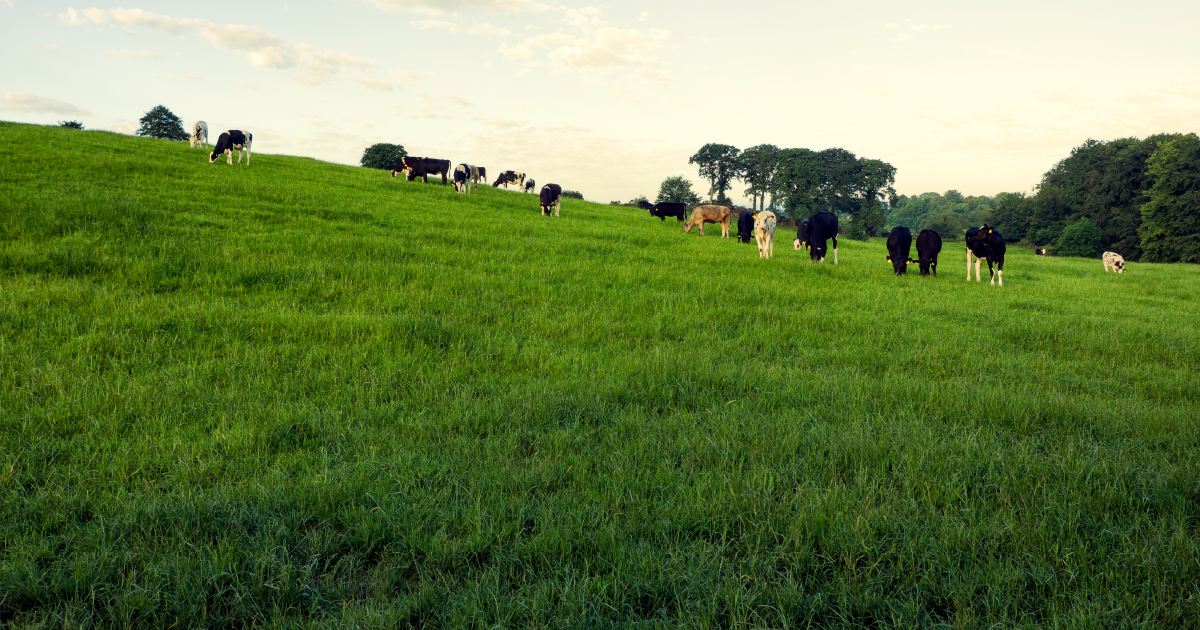Wynnstay makes the switch to sustainable palm kernel
- 12 Jan 2022
- 0 Comments

From November 2021, all palm kernel in feeds produced at any Wynnstay manufacturing site will be RSPO certified sustainable.
The switch is part of a company-wide proactive approach to sustainability. Farmers are working hard to produce food using sustainable practices, and responsible sourcing of inputs is a big part of this. As a feed company, we can contribute by transitioning to sustainable-certified ingredients, which will support our farmers in meeting future sustainability requirements. Switching to sustainably certified palm kernel is the logical next step in ensuring responsible sourcing, following from the move to using only sustainable certified soya in 2020.
Sustainable Sources
Many of our customers are being asked by their clients to look at implementing these products which do include an additional cost. Going forward we will look to include other sustainable sourced material into our feed where available reflecting societies requirements and demands.
With palm kernel, Wynnstay is purchasing Certified Sustainable Palm Kernel Expeller Credits (CSPKE). The palm kernel certification system is regulated by the Roundtable on Sustainable Palm Oil (RSPO). For every tonne of palm kernel used at a Wynnstay production site, a farmer in the Far East who has produced palm kernel using sustainable methods is rewarded.
Palm kernel growers are assessed against RSPO principles and criteria. These ensure that the growing of palm kernel promotes the conservation, protection and enhancement of ecosystems while enabling sustainable livelihoods, reducing poverty, and ensuring the sector is both competitive and resilient1.
Our use of sustainable palm kernel
Wynnstay has made the switch to sustainable palm kernel as a continuation of our drive to produce animal feed as sustainably as possible, while also considering the effect on our carbon footprint both locally and globally. It is essential that we consider the livelihoods of local communities both at home and in the producing areas, and certification schemes play a key role in this.
Reference: 1 – https://rspo.org/library/lib_files/preview/1079









